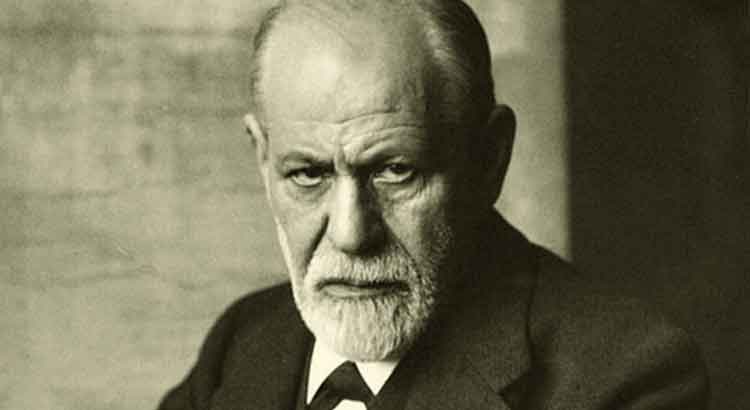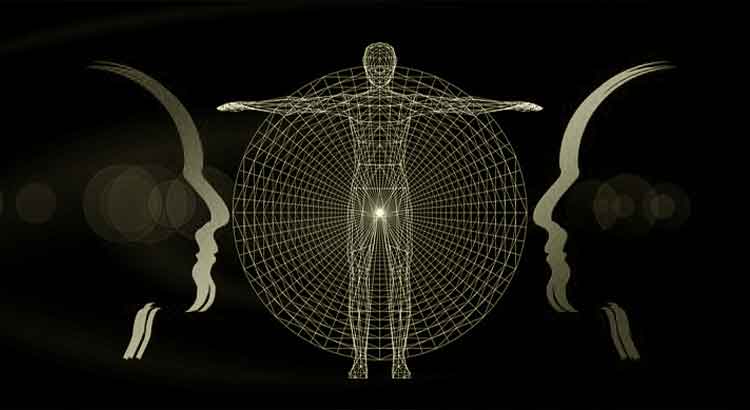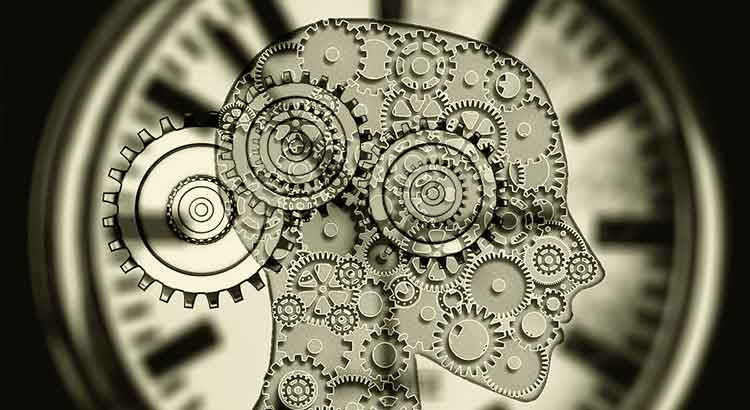True, true: it is not fair to condemn Freud for exposing his patients’ weaknesses, for exploring them in search of justifications; after all, it would not be possible to outline solutions for them otherwise. Freud, thus, fulfilled an important task of a psychiatrist. The problem, however, and the reprehensible, is to analyze his work as a whole and find that there is no evidence of superior possibilities for the human being. Freud, not finding them in his patients, could have found them in himself, could have conceived them, even if in an ineffective will to overcome. But he did not; and, naturally, he validated in himself what he sketched as a human model. It is curious: Nietzsche is often called crazy, his “beyond-man” an absurd utopia, his will to power a delirium. And the same people who do not understand him approve Freud’s ideas. But there it is: both Freud and Nietzsche stripped themselves bare, and if in the latter we find a powerful impulse that propels us to truth, art, and above all to victory over ourselves, in the latter we are faced with a prostration before the weaknesses of flesh and mind, the fruit of lamentable spiritual misery. There is no escape: the work ends up fatally revealing the author’s inner self.
Tag: psychology
Enough With the Psychoanalysis!
I am browsing through an interesting work on psychology, when the references to psychoanalysis begin. God! I think I have reached the point where I can no longer stand it; the respect, the appeasing condescension is gone. I no longer find it tiresome, but depressing to keep looking at this mediocre human model proposed by Freud. A model stuck to the past, castrated of potentialities, for whom the future is nothing but the continuity of the lamentable present, the dragging of a mental slavery. I think of Buddha, or rather the young Siddhartha, whose relevance begins exactly after he became aware of life and his first manifestation of personality, who deliberated an abrupt and final break with the past—something impossible according to Freud. The ex-prince followed and trod his famous path, which bore absolutely no resemblance to and suffered absolutely no decisive influence from Siddhartha’s previous experiences. He became Buddha, and before Buddha someone different, someone whose steps manifested a free and resolute will, whose actions affirmed an ultimate detachment not only from the past, but from all the chains that Freud asserted as necessary components of his human model. He purified himself by climbing levels, adding to his experience the trials that made him more and more authentic, and less and less what he had been. Enough with the psychoanalysis!
Molding Oneself Psychologically
Molding oneself psychologically is nothing but focusing on objectives to be reached by effort through conscious stimulation. Molding oneself, even though it may be seen as perfecting, correcting, or transforming oneself, in short, involves a process in which the conscious struggles for affirmation. It defines priorities, proposes action, monitors itself, and, in time, gets what it wants. The problem, however, is that the human mind is more effective the more focused it works. This gives it a hard limitation: for effectiveness, it has to concentrate on specific ends, it has to focus the action. Thus it triumphs, but triumphs in a reduced part of its scope. With time, the effort becomes a habit, conscious action becomes automatic, opening space for new focuses to be defined. But time is limited for it… In short: it can mold itself, but in a molding that defines its prominences, the highlights that are most important to it—and it has to resign itself to its own limitations, knowing that it will necessarily have to deal with an uncomfortable and atrophied part of itself.
Most Modern “Discoveries” Have Nothing to Do With Discoveries
It is curious to note how most of the modern “discoveries” have nothing to do with discoveries. In the field of psychology, it is hard to find anything relevant that is not already outlined—and often better outlined—in the works of Dostoevsky and Nietzsche, not to mention the oriental texts. But Dostoevsky’s “polar bear challenge,” or Nietzsche’s observation that “the best ideas come by walking,” rather than being immediately grasped by intuition, had to wait a century for them to be properly validated by idle experimentation. The misery of this time is that it demands that everything bear its distinctive stamp; otherwise it is worthless. So it seems that efforts are directed more at stroking a collective vanity than at widening the extent of what can be called man’s knowledge.



